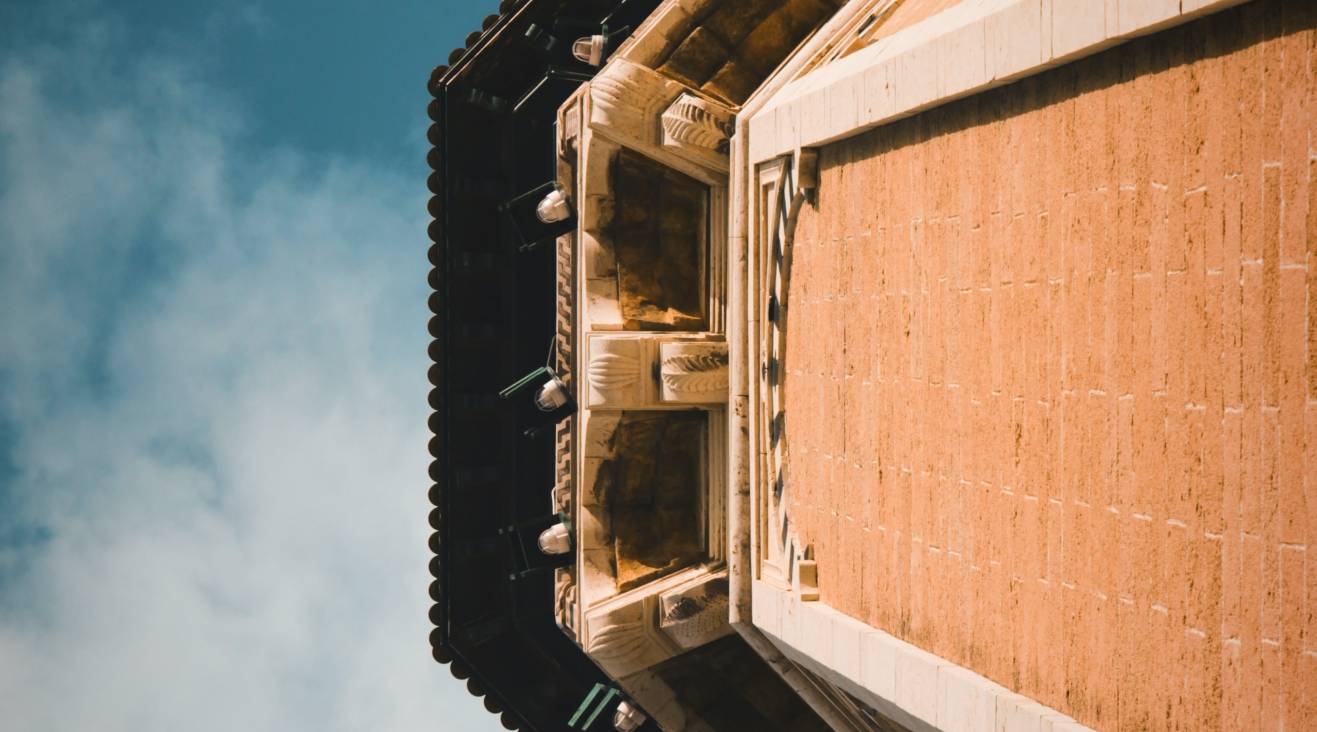
Tunisia
Capital city — Tunis
Country population
Incarceration rate (per 100,000 inhabit…
i12/2018Type of government
Human Development Index
0.739(91/188)
Homicide rate (per 100,000 inhabitants)
Name of authority in charge of the pris…
Ministry of JusticePrisons are admin…
Total number of prisoners
i01/01/2019/ Ministry of Justice, INPT, CoE, “Manuel du droit pénitentiaire tunisien”, November 2019, p. 13.Prison density
114 %The statistical d…
i19/04/2021/ La PresseTotal number of prison facilities
27Facilities are or…
i2018An NPM has been established
Female prisoners
i01/01/2019/ Ministry of Justice, INPT, CoE, "Manuel du droit pénitentiaire tunisien", November 2019, p. 39.Incarcerated minors
i01/01/2019/ Ministry of Justice, INPT, CoE, "Manuel du droit pénitentiaire tunisien", November 2019, p. 39.Percentage of untried prisoners
i04/03/2019/ The General Directorate of Prisons and Rehabilitation, quoted in Lawyers without Borders, "Campaign against overcrowding in prisons in Tunisia", September 2019, p. 2.Death penalty is abolished
no, but suspended in practiceThe death penalty…
Contact with the outside world
Visitation rights
All prisoners have the right to receive visits
The investigating judge may, in cases deemed serious, deprive an accused person of communication with their relatives for a maximum of ten days. This measure may be renewed once. Suspended visitation is a disciplinary sanction. It is limited to a maximum of 15 days. The sanction is declared by the Disciplinary Committee (see section [Disciplinary regime).1
Ministry of Justice, INPT, CoE, “Guide du prisonnier en Tunisie”, November 2019, p. 66. ↩
Visiting permits are subject to being issued by the prison governor. The judicial authority grants visitation permits to pre-trial prisoners.
Relatives send a letter to the DGPR or to the prison governor. The request can be made orally for persons who cannot write. A birth certificate is requested for children. Disabled people must present a medical certificate. The permit is granted within ten days.
Visiting permits are issued for one or more visits, or on a permanent basis.1
Ministry of Justice, INPT, CoE, “Manuel du droit pénitentiaire tunisien”, November 2019, p. 170. ↩
Visit permits are granted
within a month
People eligible to visit
family members
The prison administration may allow visits by relatives outside of the immediate family if the prisoner has no family nearby.
The prisoner may be visited once a week. Convicted prisoners may also receive visits during religious holidays. Visits last 15 to 20 minutes. Interactions may be supervised. ‘Family visits’ with several family members at the same time are offered to people sentenced to long terms of imprisonment. They take place every three months and do not involve any separation arrangements.
Prisoners and visitors can meet without physical barriers
Visitors and prisoners are separated by glass and communicate by telephone. The prison governor may grant visits without separation arrangements (known as ‘direct visits’) to prisoners who demonstrate “good conduct” or who have undergone rigorous academic or professional training. Separation-free visits are granted, once a month, to working prisoners. Minors and people with disabilities also receive separation-free visits.1
Ministry of Justice, INPT, CoE, “Guide du prisonnier en Tunisie”, November 2019, p. 68. ↩
Prisoners are allowed to receive visits from their children or minor relatives
yes, and special arrangements are provided
Children under the age of 13 may obtain a permanent visiting permit for a parent in prison. This permit allows visits outside the normal visiting hours and without separation arrangements. The prison officer present wears civilian clothes (Law 52 of 2001, Article 34). These visits take place once a week if the child is not accompanied by an adult and once a month if accompanied.
Conjugal visits are allowed
Relatives bring ‘couffins’ (food parcels) on a regular basis. Associations report excessive search procedures. The length of the search reduces the available meeting time.
Correspondence
Prisoners are allowed to exchange mail
yes
The administration is required to provide the necessary means to write a letter (paper and pen). The law does not mention the provision of stamps. Stamps are, in practice, the prisoner’s responsibility.
The exact identity of the sender and the addressee must be clearly stated.
In practice, prisoners exchange little correspondence because of the prison administration’s inspections.
The investigating judge may, in cases deemed serious, prohibit any communication from a person who has been warned for a maximum of ten days. This can be renewed once. Communications with lawyers are still permitted.
Mail exchanged is subject to control
Prisoners are allowed to exchange mail in sealed envelopes
no
Prisoners are allowed to receive parcels
yes
Prisoners are allowed to make external phone calls
The DGPR is planning to gradually install telephone lines in all prisons. This measure is based on a pilot experiment implemented at Monastir prison.
In May 2020, 180 telephones were installed in prisons in order to provide prisoners with better access to contact with their families during the Covid-19 pandemic. This follows from the suspension of visits. Prisons were not previously equipped with phones.